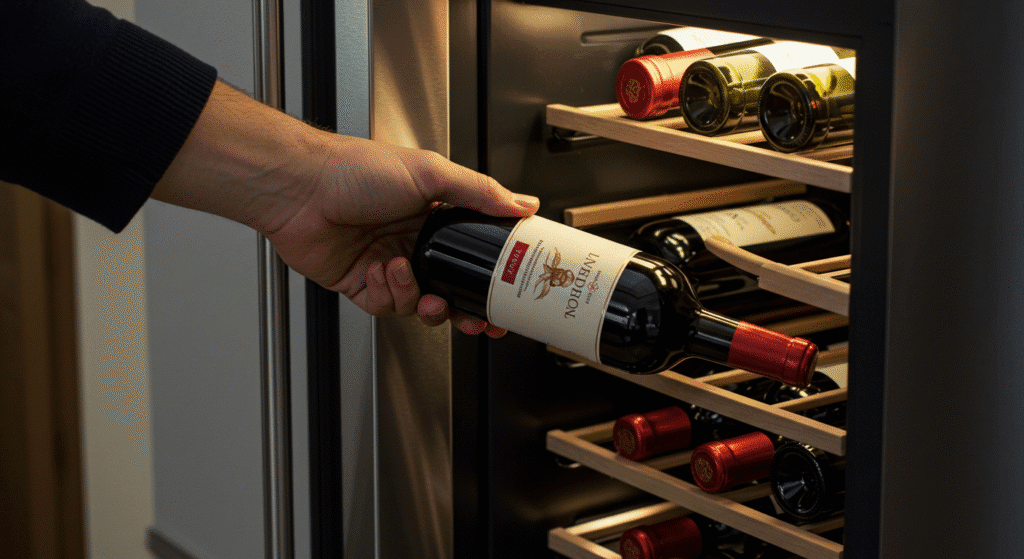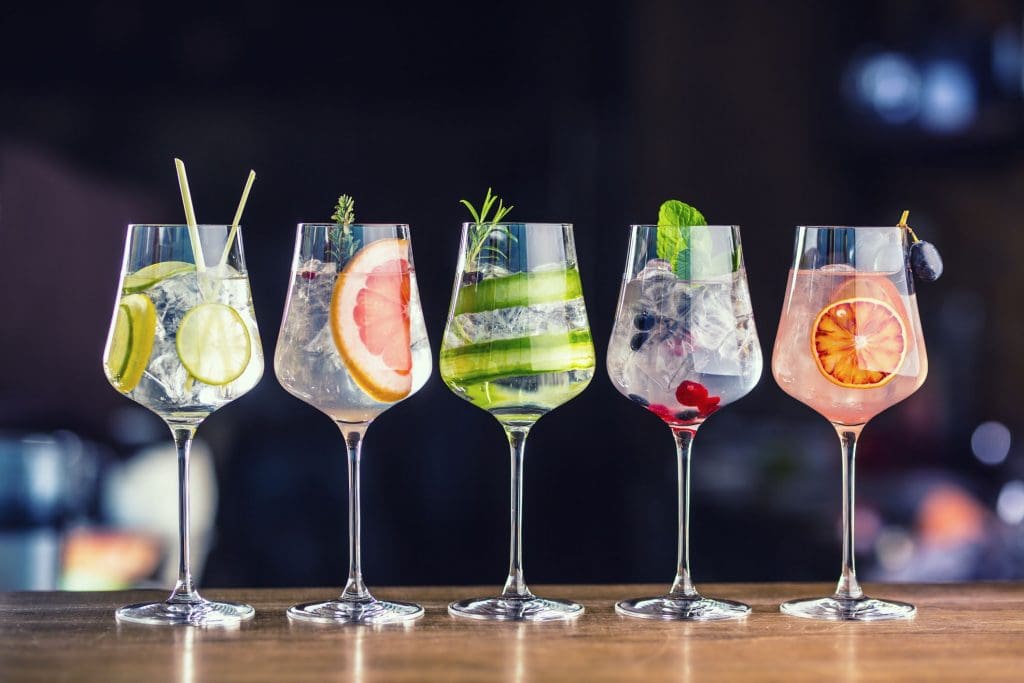Should you really have that champagne in the lounge? The surprising way alcohol affects metabolism, fat burning, and digestion.
For most luxury travel lovers, a glass of wine in the lounge, with dinner or champagne on a night out feels like a normal part of a balanced lifestyle. But ask almost any nutritionist, and they’ll say alcohol is one of the first things they advise clients to cut back on.
While most people assume it’s just about calories or hangovers, the truth runs deeper and has more to do with how alcohol hijacks the body’s ability to function optimally.
Whether it’s for fat loss, digestion, or energy levels, alcohol works against many of the goals people are trying to achieve with a healthy diet. And it’s not because of the drink itself, but because of what the body does (or more importantly, doesn’t do) when alcohol is in the system.

Alcohol Slows Fat Burning—Drastically
The biggest red flag? Alcohol brings fat metabolism to a near halt.
According to a study published in the American Journal of Clinical Nutrition, when alcohol is consumed, the body switches from burning fat to burning alcohol for energy—because it sees alcohol as a toxin that needs to be removed immediately (Schneeman et al., 1995). As a result, fat burning is reduced by over 70% while alcohol is in the bloodstream.
Sydney-based nutritionist and gut health expert Claudia Salinas explains it simply: “The body will always prioritise getting rid of alcohol first. So that healthy dinner you’re eating? It’s basically put on hold. Your metabolism is now working to detox the alcohol, not digest your food or burn fat.”
This doesn’t mean that fat gain happens instantly, but the body does store more fat in the hours after drinking—especially if alcohol is combined with high-fat or high-carb meals, which are common during social events.

What You Eat Doesn’t Break Down Properly
The effects of alcohol aren’t limited to fat metabolism—it also significantly disrupts digestion.
Alcohol slows the emptying of the stomach, reduces enzyme production, and irritates the lining of the gut. This can lead to bloating, indigestion, and even nutrient malabsorption. When someone drinks with a meal, the food often sits in the stomach longer than usual, breaking down less efficiently. That post-dinner glass of wine may taste elegant, but it comes at the cost of optimal digestion.
Research from the National Institutes of Health also suggests that regular alcohol intake can damage the gut microbiome, altering the balance of healthy bacteria which play a role in mood, immunity, and nutrient absorption (Leclercq et al., 2014).
The Hidden Impact on Cravings and Blood Sugar
It’s no secret that alcohol increases appetite—but what’s less known is why.
Alcohol disrupts blood sugar regulation and lowers inhibition, which can lead to stronger cravings for salty, fatty or sugary foods. It also lowers leptin (the satiety hormone), making it harder to know when you’re full. That’s part of the reason why a single drink can snowball into a late-night binge that feels out of character the next day.
Even for those with strong willpower, alcohol can create internal shifts that make eating healthily much harder. “I always tell clients: it’s not about one drink, it’s about how that one drink affects your decisions after,” says Claudia.

Skin, Sleep, and Energy Also Take a Hit
Nutritionists also steer clients away from alcohol because of its wide-ranging effects on wellness goals that go beyond the scale. Alcohol is dehydrating, inflammatory, and disrupts sleep cycles—all of which can show up on the skin and in mood.
Even moderate alcohol consumption has been linked to poorer sleep quality, which in turn affects appetite hormones and increases the likelihood of overeating the next day. Combined with dull or puffy skin the morning after, alcohol’s effects can linger well beyond the night it’s consumed.
It’s Not About “Never”—It’s About Awareness
It’s important to note that most nutritionists aren’t telling people to never drink. Rather, they want clients to understand what alcohol is doing in the body, so they can make more informed choices.
If weight loss, digestion, or glowing skin is a current priority, cutting back or avoiding alcohol—at least temporarily—can significantly speed up progress. “Even reducing alcohol to just one or two nights a week can make a difference,” Claudia notes. “People often feel better within days—less bloated, clearer skin, more energy.”
For those who do choose to drink, tips include eating a balanced meal first (with protein and healthy fat), hydrating between drinks, and avoiding sugary mixers or heavy cocktails
Want to know more? Click here to check out how sobriety became a global status symbol.




